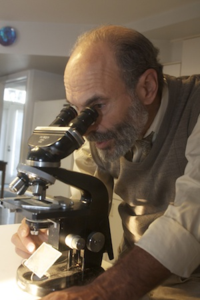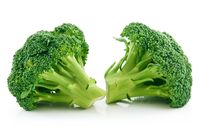As I mentioned in part three of this series, inflammation is a key issue in skin disease, as well as many other conditions. To treat skin naturally, one must discover the cause of a patient’s inflammation. When I do that, I have a chance to get the individual to remove that provocation, or help his body’s own systems to do so.
Those systems include organs of excretion like kidneys, liver, intestines, lymphatics, and lungs, cells that do clean-up work, and chemical “machines” known as enzymes, which have the ability to break down specific unwanted substances.
If some of my treatments bear similarity to each other, it is because we live with a number of cultural and environmental imbalances that take a similar toll on a wide variety of individuals in a variety of ways. Awareness of this is natural skin care. Not only are individuals unbalanced, but the norm for our whole society is unbalanced as well.
To your health,
Dr. Alan M. Dattner, MD
Holistic Dermatology
__
As always, the content of this blog is for information and education purposes only, and should not be used to prevent, diagnose or treat illness; please see your physician for care.








